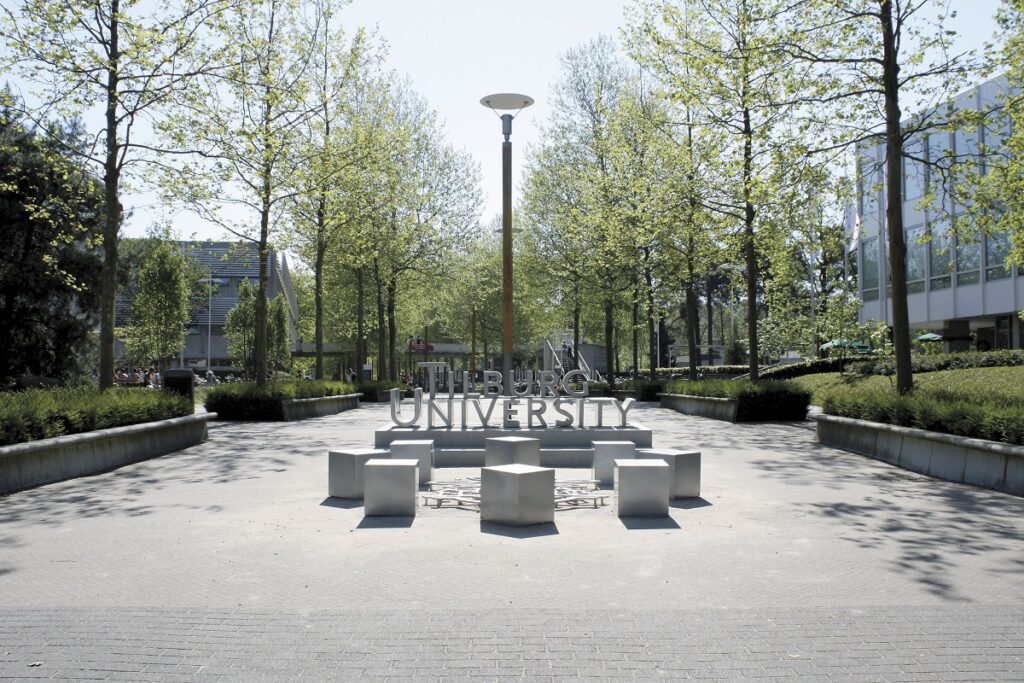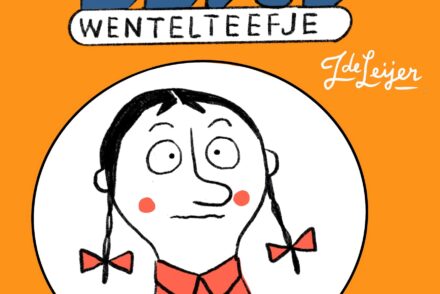To Collaborate or Not with Israeli Partners? University, Make a Decision
The Executive Board wants to reflect on the advice to suspend collaborations with academic partners in Israel, but Tilburg theologians call for action. ‘Deliberations that do not lead to actions have no value.’

Friday afternoon, Dec. 20, a number of theological faculty members gathered to exchange views on the advice to suspend relations with Israeli universities. The advice was based on the ethics of cooperation, and not the academic freedom on which the rectors of 15 universities built their position in an earlier letter.
Our conversation had no official status, it was an exchange of views. We felt that we, as theologians, had a duty to reflect on this issue; to us it is an especially sensitive issue. Christian theology is inseparable from the Jewish people which plays a central role in the hope for salvation. However, the salvation hoped for cannot be enforced by violence. The current government of Israel is only sowing destruction. This can lead, among theologians, to the paradoxical feeling of hope and despair at the same instance. In such a situation, it is difficult to have a clear opinion.
Our conversation focused on the language used in the advice and in publications related to it, particularly on a number of expressions that do not always seem to be well understood. What does it mean when we use the concept of ‘academic freedom,’ what is ‘a good relationship,’ and what does ‘suspend’ mean?
Like poetic freedom for poetry, academic freedom for the university is not the highest good. Our work is not about freedom, but about true humanity, which we want to seek in freedom. To be free to seek the true and good, we must be able to justify every step we take. Academic freedom is imbued with responsibility, and therefore a fully ethical issue. The same applies to the university as an institute, which must guard against being led by other agencies or machinations: it needs freedom in order to be responsible.
Responsibility also concerns the relationships that the university maintains. The question here is not with whom the university can maintain relationships, nor even whether the relationships are dormant or successful, but the question is what the quality of the relationship is. In a good relationship there is dialogue going on, love and freedom. In a good relationship, you keep each other on track, tell each other the truth plainly, and do something with that truth. In an unhealthy relationship, one holds the other hostage. Then it is sometimes necessary for the hostage to threaten to end the relationship.

Suspend collaboration with Israeli universities, is the advice to Tilburg University
This brings us to the third word that needs clarification, which is to suspend the relationship. Suspending is different from breaking a relationship because it is ultimately aimed at improving that relationship. One person is saying to the other, ‘as long as you are doing this, I am not going to work with you, even if that collaboration is lucrative, because it affects my integrity and it will destroy me.’ Suspending is a message, that the other person needs to modify his or her behavior to make a good relationship possible. Viewed this way, the advice is ultimately aimed at improving the relationship with Israeli universities.
The conversation also touched on cooperation with Palestinian scholars, in the awareness that their universities have been destroyed. Cooperation with them would support the reconstruction of the devastated country. That this question remained open made us realize that our starting point is biased: Bar Ilan University is considered an old friend, while there is no such relationship with a Palestinian institution. This means that we have a responsibility to hear this voice as well.
After our conversation, we read the process message from the Executive Board. In this message we see an opposite attitude: because there are ‘loud voices’ within our university community that are against adopting the recommendation, a decision is being avoided for the time being. Here we miss considerations referring to the question of what is the right thing to do. It is very possible that a good and wise decision may antagonize people. What is needed for this is courage, a core value of the university and a cardinal virtue.
Finally, we would like to recall the thought that reflection acquires meaning in and through action. Deliberations that do not lead to action have no value, and this is all the more so in an exceptionally urgent situation such as the present one.
Kees de Groot, Professor Sociology of Worldviews and Public Mental Health
Willem Marie Speelman, Professor of Franciscan spirituality, theology and history
Ruben van Wingerden, Lecturer New Testament
Harm Goris, Assistant professor systematic theology
Antonio Pinilla Torres, PhD candidate






